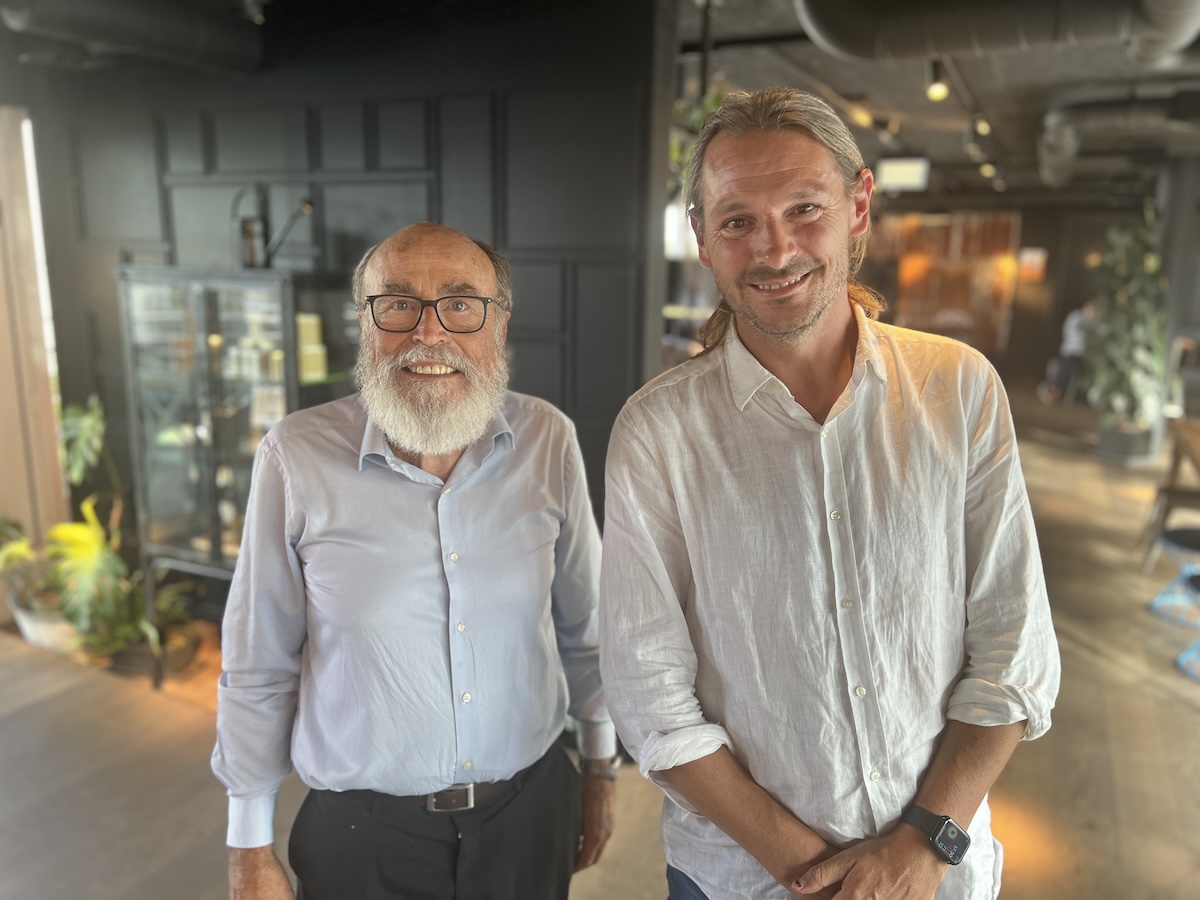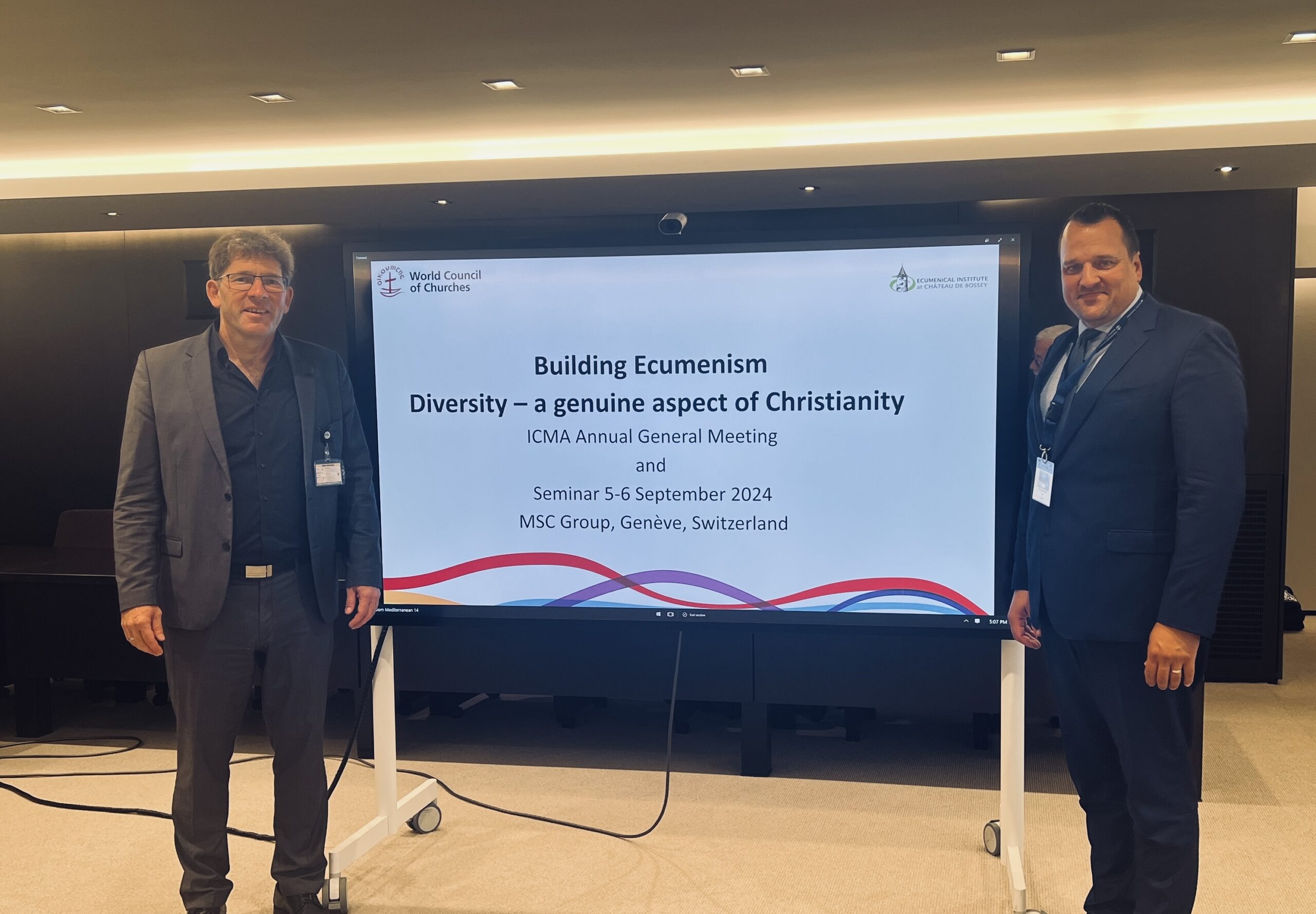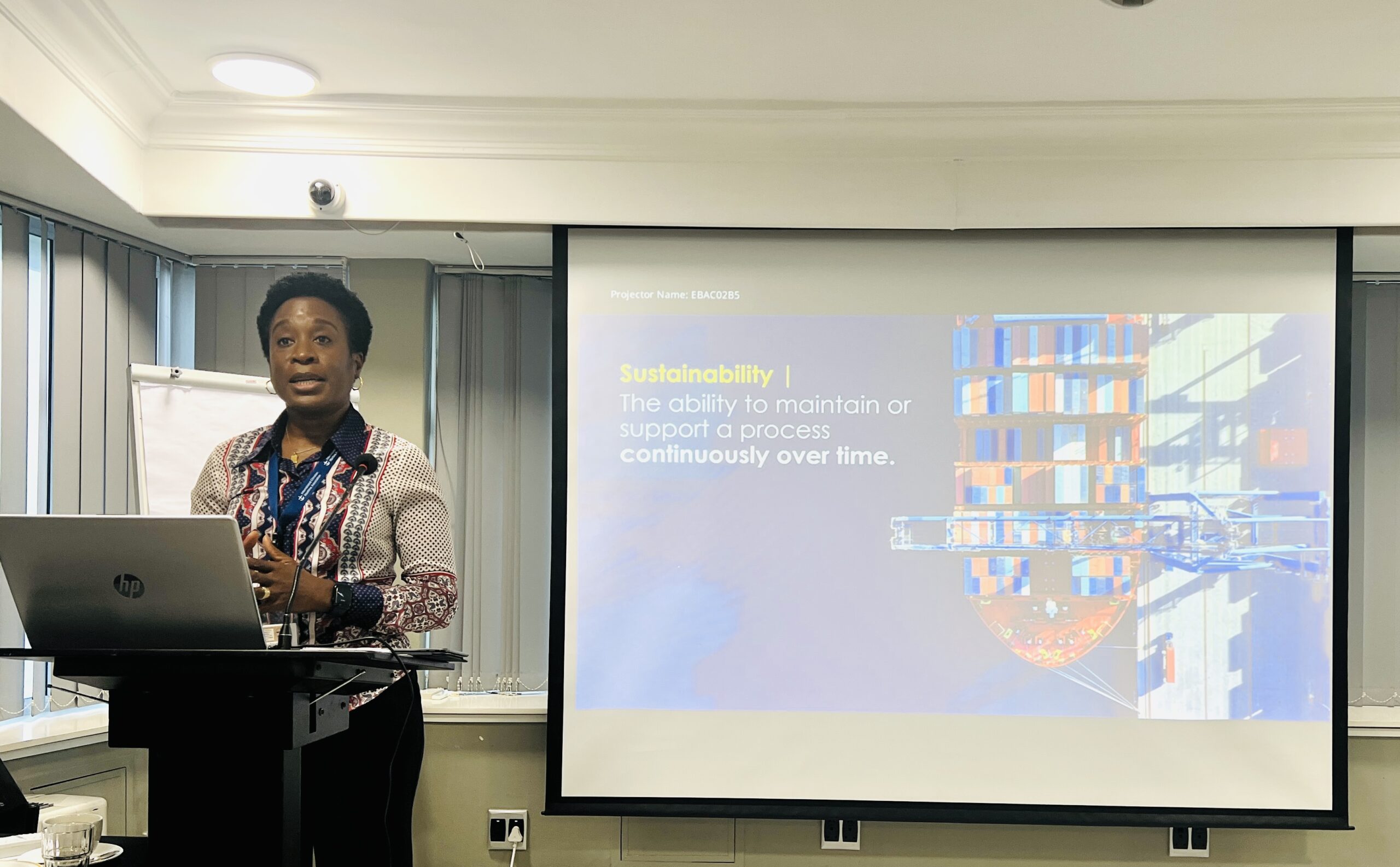by Karen M Parsons OFS
I give thanks to my God at every remembrance of you, praying always with joy in my every prayer for all of you, because of your partnership for the gospel from the first day until now. – Philippians 1: 3-5
This is a passage of St Paul’s that I have used often throughout the years whenever writing to seafarers. He understood the importance of keeping in touch with those he ministered to on his travels. As a chaplain, correspondence relationships like his have let me continue my ministry to seafarers even after their gangways are raised and their ships have left port. Now, even though I retired from climbing gangways in 2021, I am still corresponding with seafarers and their families. I have been communicating with many of them for over 30 years!
My correspondence with seafarers began in 1985, after my very first ship visit: the M/V BALSA 6, where I met a Filipino seafarer named Ben. It was back in the days of expensive phone calls and slow mail, and Ben was sad that he hadn’t heard from his family in many months. It was my first time hearing of the loneliness that seafarers suffered in their profession. The ship was leaving that evening and I kept thinking about what more I could do to help. I had always had pen pals when I was in school. Why not continue that joy with seafarers? Ben and I exchanged addresses and began to write letters, and for many years we continued to write to each other whenever he was at sea. One year, just after Christmas, he sent me a picture of the Holy Family, saying that we are all one family.
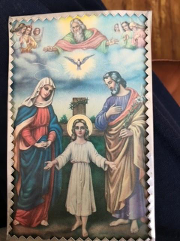
Over the 36 years of my active port ministry, it is estimated that I have written over 50,000 letters to seafarers and their families, and I have tens of thousands of letters from them as well. Every year I send out over 100 Christmas, Hanukkah, and New Year cards to seafarers in 23 countries. We celebrate weddings of our children, births of our grandchildren, and other major life events. When I lost my dad to cancer in 2003, and again when I lost my mom to kidney failure in 2015, their cards and emails really helped me through those hard days. They are family.
Eventually, I lost contact with Ben. Either he forgot to send me his new address when he joined his ship, or something prevented him from sending it. It made me very sad because I felt Ben had become my brother.
This year I was informed of the deaths of two seafarers I had been writing to for many years. In both cases, their relatives told me over Facebook messenger.
The first seafarer was Rey. I met Rey when his ship came into Galveston pretty regularly in the 1990s. He was a young Filipino man, not married yet, full of life, and he loved to hang out at the center. He helped with center activities and even interacted with the Texas A & M cadets that came for meetings and recreation. When he left his vessel we had already become good friends. For years I wrote to him at his home address in the Philippines. Then suddenly I stopped hearing from him. My letters were not returned, so I wasn’t sure why I didn’t hear from him. Then I got the message from his son Renz. Renz told me that his father died of a heart attack. It was shocking to hear, because Rey was only 50 and still sailing. His wife died of a stroke shortly after. Renz just graduated from high school, and his sister is married now with a baby of her own. Renz is living with his mother’s best friend’s family. We keep in contact via Facebook messenger now. At Christmas this year he asked me to tell him stories of his father from when I knew him in Galveston. So I did. He was happy.
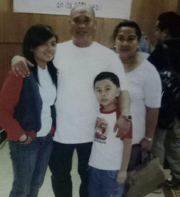
The second Facebook message I received this year was from the nephew of Gregorios, who I had been writing to since 1993. Gregorios was captain of the Violetta, a ship that caught fire in the Galveston Ship Channel. Gregorios had to order his crew to abandon ship that day, but two officers never made it out to the muster stations. Gregorios did not want to leave until they were found. Even when the fire became too strong and the Coast Guard ordered him off the vessel, he stayed on a fire fighting vessel for two days until the fire was under control and his ship was towed into port.
Gregorios and his crew were taken to the local LaQuinta motel for debriefing. They were traumatized, and I was allowed to spend time with them grief counseling. As captain, Gregorios was busy with the investigation. He had to speak with all the authorities as well as the company and insurance representatives. He was exhausted. During a meeting of all these entities, I came in and insisted that they allow me to take Gregorios to a quiet part of the motel and let him let it out. To my surprise I was allowed 30 minutes to spend time listening, and that is what I did. Captain Gregorios told me that the two men that died were friends of his. In fact, the chief engineer was his best friend and godfather to his son. They were neighbors back home in Greece. And now, the chief engineer’s family was blaming him.
When my time was up and he was needed back in the investigation, I went to my office and wrote him a letter of encouragement. And each day that I visited the motel to take care of the crew, I handed Gregorios a letter knowing I wouldn’t get time to talk with him again. After the three-week investigation and everyone was released to go home, I made one last visit to the motel to say goodbye to everyone. Captain Gregorios handed me a paper with his home address on it and asked me to continue to write to him. He said, “I will need to hear from you.” I wrote to him often over the next 27 years.
Gregorios would fight depression for the rest of his life, and never sailed again after the fire. He was still young and needed to support his family, so he looked for a land job and finally found a place for his management skills at a shopping mall in Athens. He managed the mall until retirement age, and then he and his wife moved away from the city. When Gregorios’ nephew contacted me on Facebook to tell me that he had died, he thanked me for all the years of sending cards and letters to his uncle. He said it really helped.
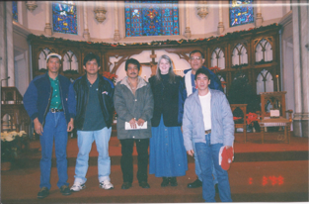
In 2008, Hurricane Ike destroyed the Galveston Seafarers Center, and over 20,000 letters and photos from seafarers and their families were washed away. I sat on the curb and cried as I saw the flood-soaked files being removed from my office. Family photos, precious letters, all destroyed. A woman walked past and said, “It’s just paper.” No, it was stories of lives. Although I was devastated, I had a copy of my address book safe at home, so I got busy writing to those without email addresses and emailing those I had addresses for in my laptop. I also had notebooks at home in which I had written many of their stories. I later used that notebook to write my book, Diary of a Port Chaplain. From 2008 until my retirement, my files filled up again with letters, photos, and emails from seafarers and their families.
I still have Ben’s picture of the Holy Family, and I keep it in my prayer room. He was right to say we are all one family. Hearing of family members’ deaths is hard. I remember the early days of our relationships and how we shared stories of our families growing up. I will miss exchanging news with these brothers. I feel blessed to have been able to be there for them long after their ships left port.
Photo: Courtesy of Karen Parsons


